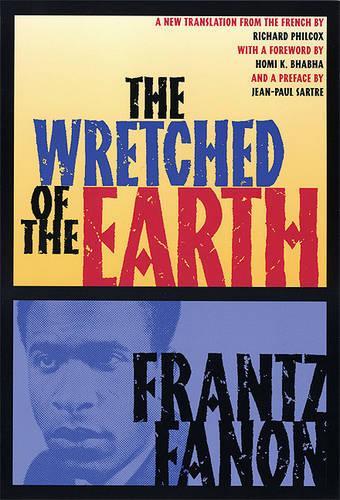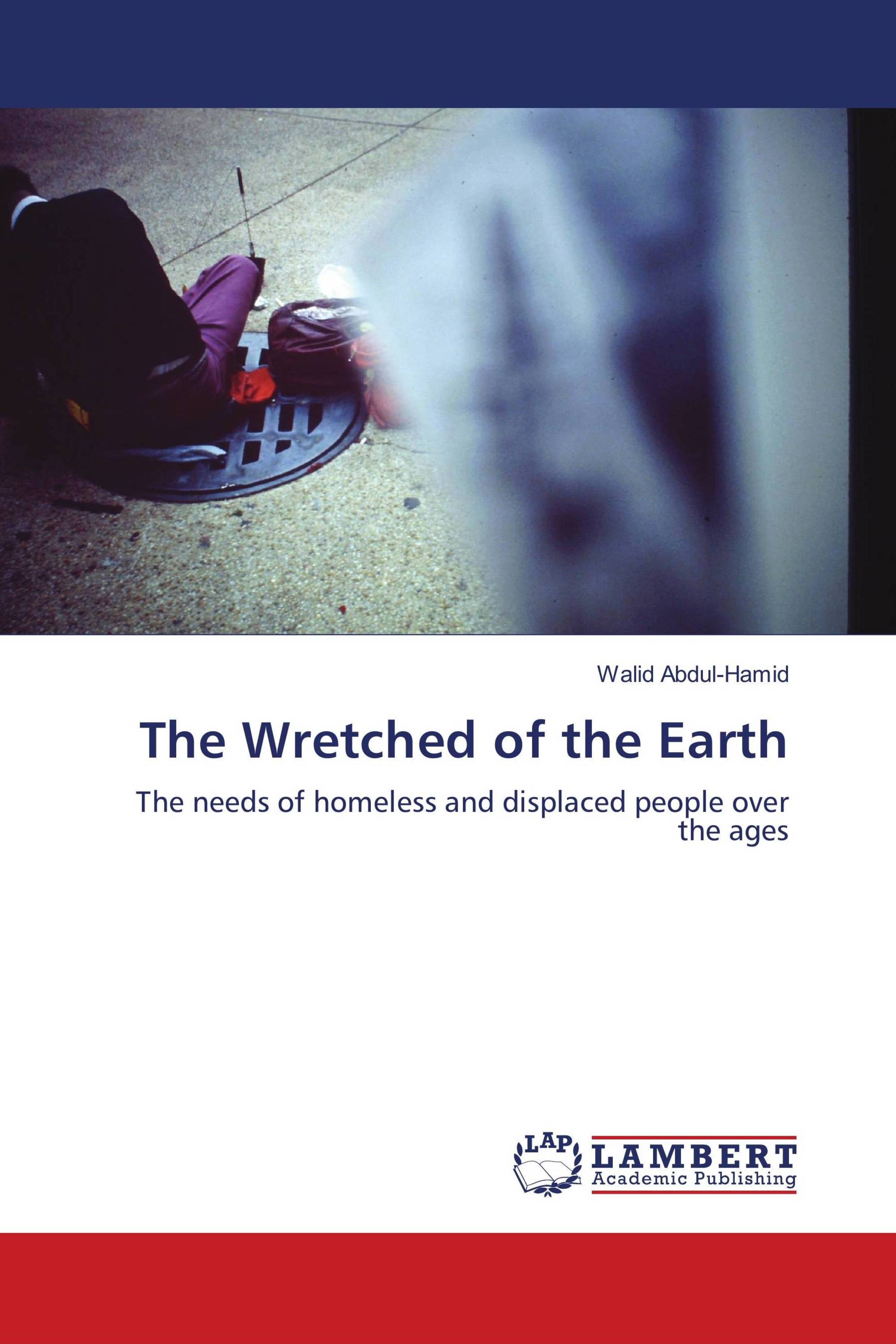

In Wretched of the Earth, Fanon (2004, 179) states that “ational consciousness, which is not nationalism, is alone capable of giving us an international dimension.” The immediate and obvious question that took shape was: what exactly is national consciousness, and how is it different from nationalism? Taking Fanon’s prompt, the contributions to this special issue launch the following provocations: what anti-colonial imaginaries and projects existed that did not envisage the end of colonialism as the beginning of nationalism? How and to what extent do these anticolonial imaginaries and projects confront the postcolonial settlements of the contemporary global order? Last but not least, what are the limits/traps of attempts to escape the nation?Ī contribution to the genealogical elaboration of the Third World as a political project, this essay examines how decolonization constituted a new culture that defined the decolonized as new subjects of history.

The catalyst that prompted us to interrogate both the necessity of the nation-state form within decolonization, and the need to excavate and illuminate what Gary Wilder (2015, xi) called “non-national orientations to decolonization” was provided by Frantz Fanon’s reflections on national consciousness.

This special issue emerges from the debates around the ideas of violence, liberation, and national consciousness.


 0 kommentar(er)
0 kommentar(er)
